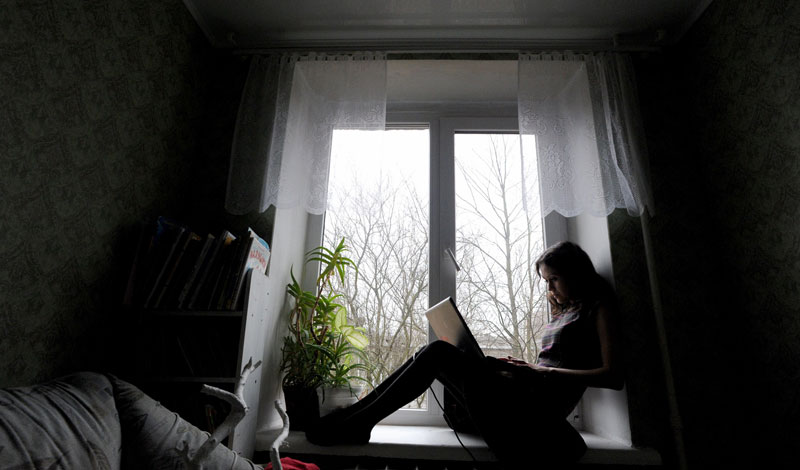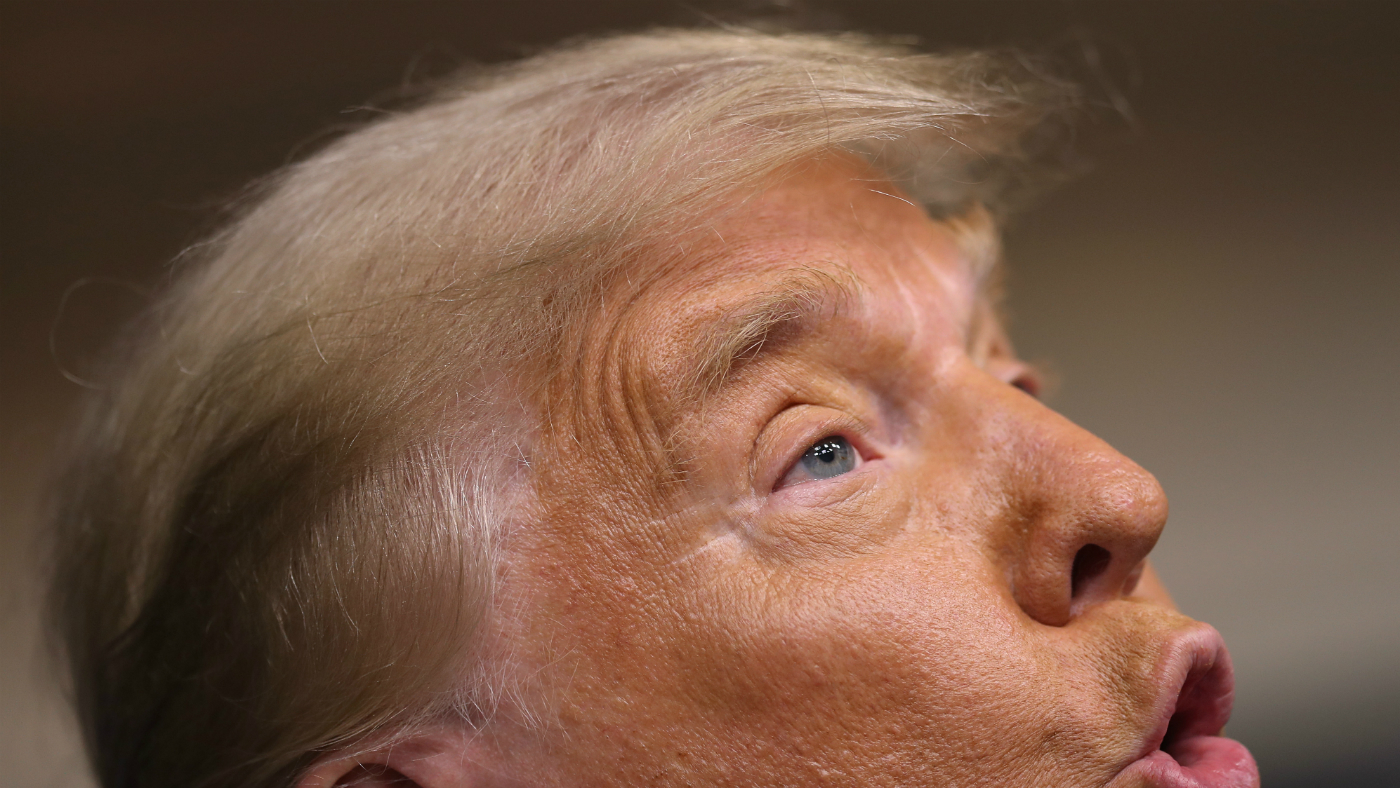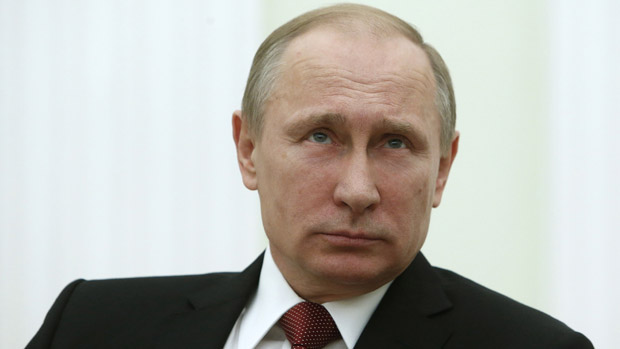Russia's troll army: how the propaganda factory operates
Journalist posing as a pro-Kremlin employee wins case against shadowy agency known as Internet Research

A free daily email with the biggest news stories of the day – and the best features from TheWeek.com
You are now subscribed
Your newsletter sign-up was successful
An undercover journalist and activist has won symbolic damages against a secretive Russian agency after infiltrating the organisation and exposing the inner workings of the "propaganda factory".
Lyudmila Savchuk sued the pro-Kremlin Internet Research Agency for breaching labour laws after she was unmasked as a reporter and fired by the company.
"I am very happy with this victory," the 34-year old told the AFP news agency outside the courts in St Petersburg. "I achieved my aim, which was to bring the internet trolls out of the shade."
The Week
Escape your echo chamber. Get the facts behind the news, plus analysis from multiple perspectives.

Sign up for The Week's Free Newsletters
From our morning news briefing to a weekly Good News Newsletter, get the best of The Week delivered directly to your inbox.
From our morning news briefing to a weekly Good News Newsletter, get the best of The Week delivered directly to your inbox.
As the propaganda war between Russia and the West intensifies over the ongoing crisis in Ukraine, a shadowy army of internet trolls is working on the front line. So what exactly do they do?
How they operate
Employees are paid an above-average monthly salary to work 12-hour shifts praising the Russian government and attacking those perceived to be its enemies on social media, blogs and internet forums. Stationed in a nondescript building in St Petersburg protected by security guards, they are forced to sign non-disclosure agreements, meet strict targets and are closely monitored by bosses.
What they are expected to write
A free daily email with the biggest news stories of the day – and the best features from TheWeek.com
US President Barack Obama and Ukraine's Petro Poroshenko are obvious targets, as well as local opposition activists and Kremlin critics like blogger Alexei Navalny and feminist punk group Pussy Riot. "We had to say Putin was a fine fellow and a great figure, that Russia's opponents were bad and Obama was an idiot," Savchuk told the Daily Telegraph.
Websites were also set up to help the troll army add colour to their posts, says The Guardian. Thousands of images were made available – "mainly of European leaders in humiliating photoshopped incidents or with captions pointing out their weakness and stupidity, or showing Putin making hilarious wisecracks and winning the day," Tom Parfitt reports.
Last year, moderators at the newspaper said they believed an orchestrated pro-Kremlin campaign was being carried out in its online comment section.
Is the agency connected to the government?
Vladimir Putin's spokesman, Dmitry Peskov, claims the Kremlin had no knowledge of the agency. "To be honest, we don't know what this agency is, and there was never any cooperation with it," he said last month. "We couldn't have cooperated with it because we don't know what this agency is, what it does and whether it exists."
But Andrei Soshnikov, a Russian journalist who also infiltrated the organisation, told the Telegraph that some level of government involvement was certain. "This is such an industry that I can't believe it is allowed to happen without at least a say-so from Kremlin officials engaged in propaganda, if not an order," he said.
Savchuk agrees. "I was told on the first day that we were working for the good of the motherland, that we were supporting the authorities," she said.
-
 How to Get to Heaven from Belfast: a ‘highly entertaining ride’
How to Get to Heaven from Belfast: a ‘highly entertaining ride’The Week Recommends Mystery-comedy from the creator of Derry Girls should be ‘your new binge-watch’
-
 The 8 best TV shows of the 1960s
The 8 best TV shows of the 1960sThe standout shows of this decade take viewers from outer space to the Wild West
-
 Microdramas are booming
Microdramas are boomingUnder the radar Scroll to watch a whole movie
-
 Instant Opinion: US was ‘lucky to get Trump’
Instant Opinion: US was ‘lucky to get Trump’In Depth Your guide to the best columns and commentary on Wednesday 11 November
-
 Vladimir Putin reappears – but where has he been?
Vladimir Putin reappears – but where has he been?Speed Read Putin makes his first public appearance in almost two weeks, but it hasn't put the rumours to rest